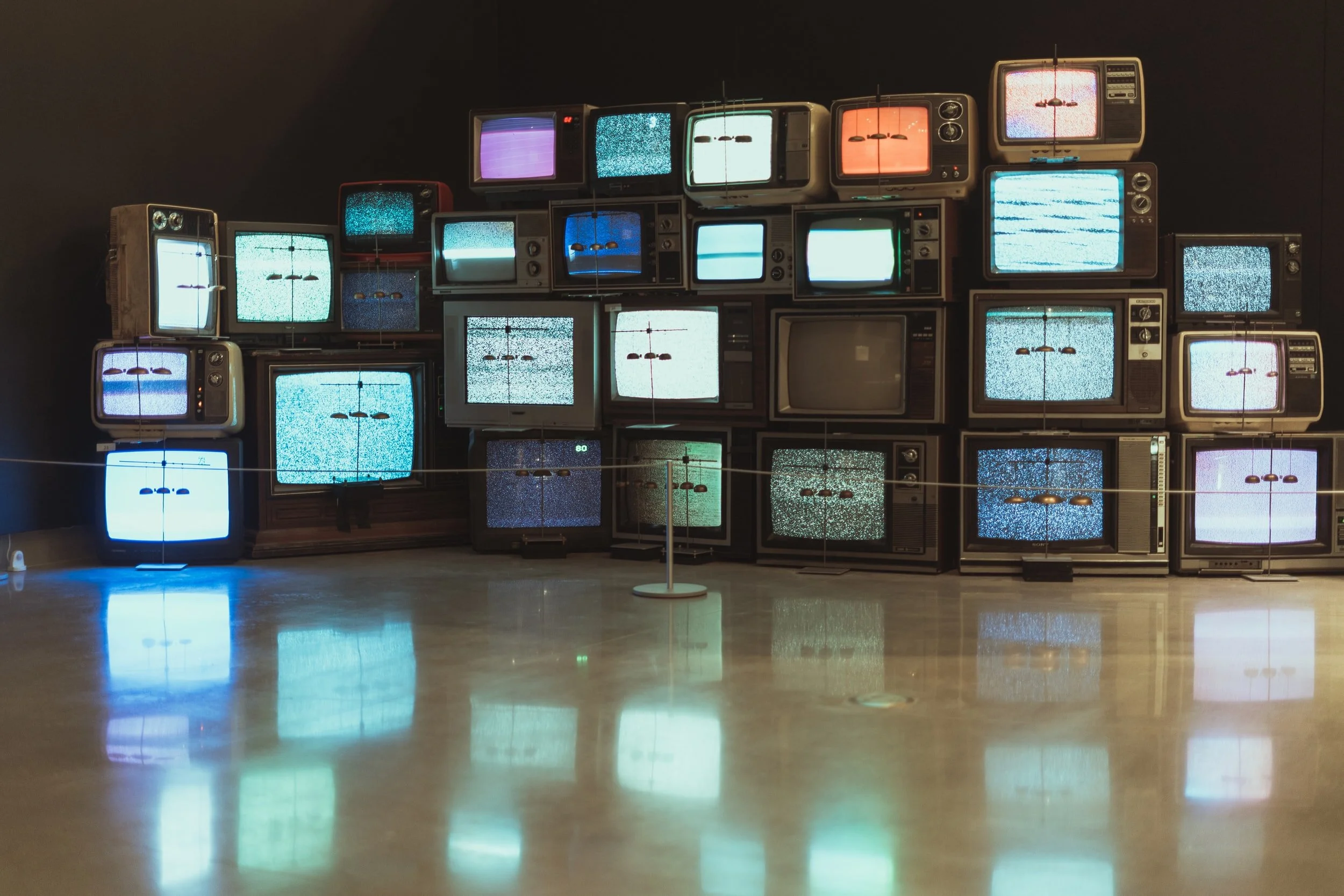6 Things You Need to Know About Writing for TV...
Article by Kathryn Burnett
The idea of working on a TV show is such an exciting and glamorous notion. In truth, the reality of being a screenwriter is somewhat more, erm, real.
Aspiring television writer? Here are 6 things you really need to know…
Thing #1 – You Need to Understand and Connect with the TV Industry
It’s an industry that runs on connections, relationships and word of mouth. It does not run on unknown creatives coming up with amazing ideas. You very rarely see advertisements for TV writers – which means you need to get to know as many people as you can that already work in the industry.
How?
Sign up to the newsletters of as many industry and professional organisations as you can - and attend their events offline and online. Research which companies are making the type of work you want to make – contact them and find out if they have interns on their story tables. And how you can pitch to them.
But there’s no point doing that until you…
Thing #2 – Have Something You Can Show
Which means - get writing. Nobody employs a TV writer who can’t show potential collaborators or employers their work. So you need a writing sample (even better if that writing sample been made into something – a play, web episode or short film) or a pitch document. And ideally you’ll have more than one idea. Your writing sample also needs to look like a pro script.
Thing #3 – Having a Great Idea Isn’t Enough
There are so many steps from great idea to produced show on air. Most of those steps take time, money and a team of professionals pulling together. So a newer writer needs to turn that idea into something that looks like a professional script or pitch document. And then get people WHO HAVE MADE TELEVISION interested in working with them and developing that great idea further.
Thing #4 - Television is a Collaborative Medium
When you’re writing a novel, poem or short story it’s just you calling the shots. It’s all about you. There may well be an editor or assessor further down the track but ultimately you’re making the creative decisions on the finished product. A screenplay isn’t a TV programme yet. It requires the involvement of others to become the finished product. Which means lots of other people are going to be involved in the delivery of your baby - and in most cases other writers It also means you won’t be making all the decisions re: casting, wardrobe, design, music etc because, well, that’s someone else’s job.
You may well be included in the casting process (every team/situation is different) but ultimately you won’t get final say. And unless you already have some director cred behind or you’re planning to self -fund/self-produce the film then you’re probably not going to be directing your first screenplay either. It’s not to say it’s unheard of for a new writer to direct their own TV series but investors and producers are generally reluctant to put an untried director at the helm until they’ve proved themselves. (If creatively collaborating with others and receiving opinions about your work makes you feel queasy maybe stick with that novel.)
Thing #5 – Writing for TV Isn’t Just About Writing Snappy Dialogue
Writing dialogue is fun. And it used to be that all TV was all about dialogue, But TV series are increasingly more cinematic. And there’s considerably more to writing screenplays than people talking at each other. Screenplays tell the story in pictures in addition to dialogue because we’re working in a visual medium. Which means you need to get your head around how to write images and people taking action i.e. the stuff we can see. Tip: An excellent way to cut back on extraneous dialogue is to read your screenplay out loud – it becomes obvious when the characters are rambling on.
Or even better, look for places in the screenplay where you can replace dialogue with the character’s action THAT WE CAN SEE.
Thing #6 - You Need to Understand Screenplay Format – And You Don’t Need to Be Afraid of Screenplay Format
Formatting is something you have to know. But truly, this is the least of your worries. Screenplay format is the easiest part of screenwriting to learn.
Google free screenwriting software and download the various free trials on offer and discover how simple it is to use. Do you need to use screenwriting software? No. But why, for the love of God, would you put yourself through the pain of not using it? Unless you enjoy spending hours of laborious formatting when you could be playing with kittens or eating cake.
Want to be a more productive writer? Dive into our brand new book! Check it out here.




